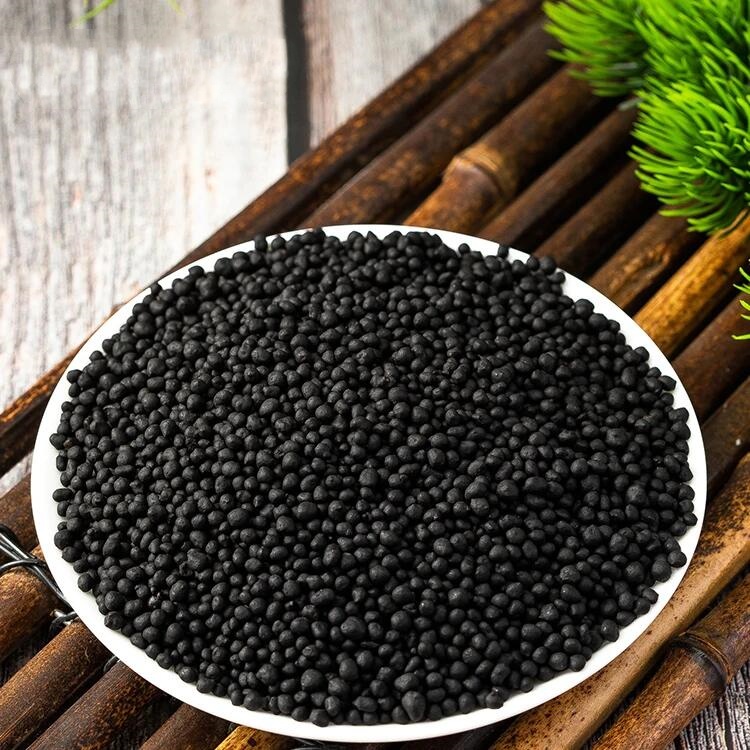Domestic and foreign research data show that humic acid is widely used in industry.
Uses of humic acid in the industrial field: ceramic industry
Sodium humate is used in the ceramic industry as a highly efficient multifunctional organic additive with the functions of strengthening, plasticizing, diluting, and adsorbing. Using it in plastic mud can improve the process performance of mud, improve molding efficiency, improve the dryness of the body, reduce the breakage of semi-finished products and improve product quality; using it in grouting materials can reduce the moisture content of mud, improve the strength of the body, and improve the first-class product rate; using it in gypsum models and body materials can improve strength and extend service life. In short, the application of sodium humate in the ceramic industry can solve some of the difficulties in the process, thereby improving product quality, reducing product costs, and is conducive to the realization of mechanized, automated, and continuous production. At present, it is an important additive for ceramic floor tiles.
Uses of humic acid in the industrial field: environmental protection
In terms of environmental protection, an important use of humic acid is to treat industrial wastewater containing heavy metals such as lead, zinc, cadmium, mercury, nickel, and chromium. In addition, humic acid’s ability to absorb ammonia is used for deodorizing feces and removing fishy smells at fishing ports; it is also used in waste gas desulfurization and NOx removal.



